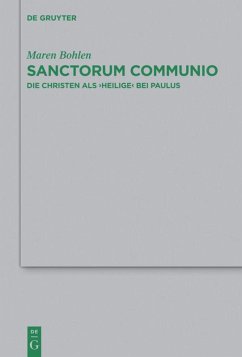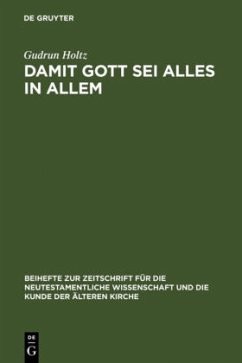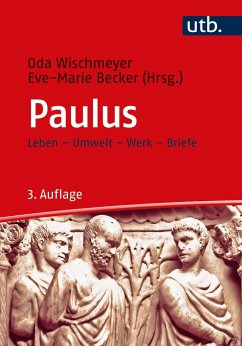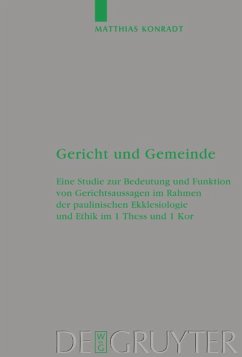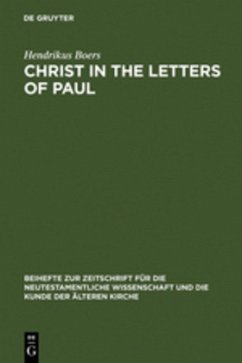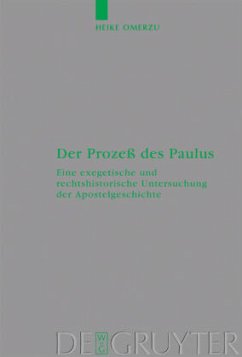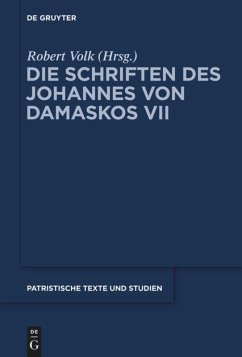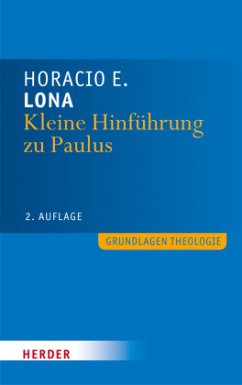
Paulus und seine 'Kinder'
Studien zur Beziehungsmetaphorik der paulinischen Briefe
Versandkostenfrei!
Versandfertig in 1-2 Wochen
209,00 €
inkl. MwSt.

PAYBACK Punkte
0 °P sammeln!
With his Epistles, the Apostle Paul not only gave theological instruction but also cultivated individual relationships with the communities he was addressing. This study examines how the Epistles set up and secure Paul's continuing importance for the churches if it has not already been established through his Apostolate. This is achieved above all by means of metaphors. The study focuses on the parent-child metaphors (1 Thess. 2; 1 Cor. 4; Gal. 4) with which Paul seeks to bind his 'children' to himself in a special way.
Der Apostel Paulus hat mit seinen Briefen nicht nur Theologie vermittelt, sondern auch persönliche Beziehungen zu den angeschriebenen Gemeinden gepflegt. Die Studie untersucht, wie die Briefe die bleibende Bedeutung des Paulus, so sie nicht bereits mit dem Apostolat gegeben war, für die Gemeinden entwerfen und sichern. Dies geschieht vor allem durch Metaphern. Im Mittelpunkt der Studie stehen Eltern-Kind-Metaphern (1 Thess 2; 1 Kor 4; Gal 4), mit denen Paulus seine "Kinder" in besonderer Weise an sich binden will.






